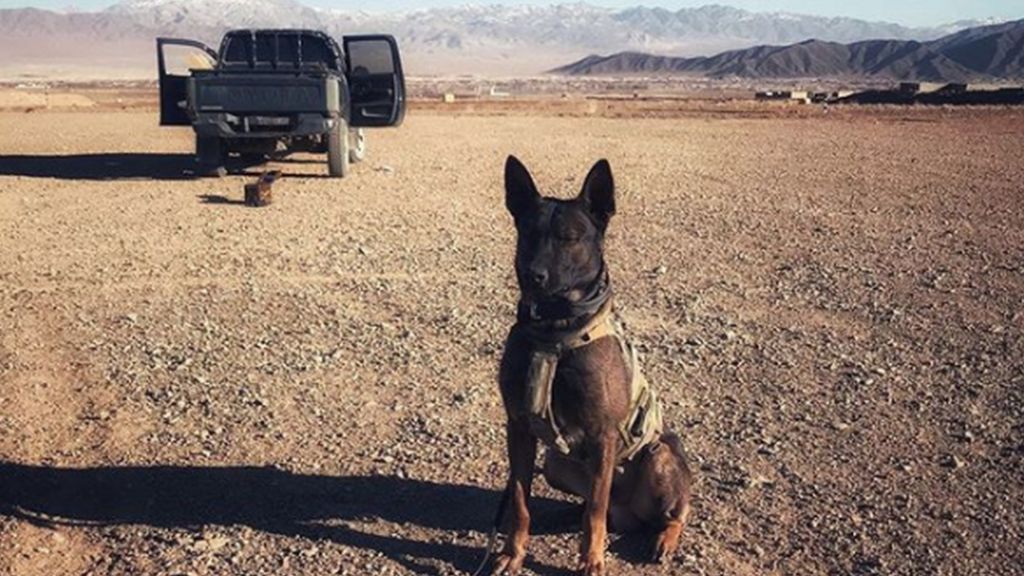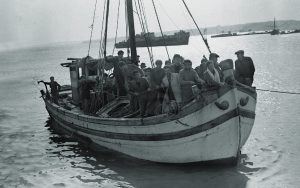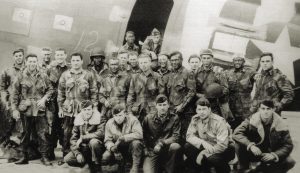Kuno, a British military working dog who risked his life during a night raid in the mountains of Afghanistan, has been awarded the People’s Dispensary for Sick Animals (PDSA) Dickin Medal, the highest honor an animal can receive in combat.
Instituted during World War II, the Dickin Medal is the animal equivalent of Great Britain’s highest and most prestigious award for valor, the Victoria Cross.
Trained to detect explosives, find weapon caches, and incapacitate the enemy if ordered, the then four-year-old Belgian Shepherd Malinois had conducted 16 operations over a five-month period in Afghanistan with his handler.
In 2019, Kuno and his team were tasked to raid a heavily fortified Al Qaeda compound. Among the first off the helicopter and racing across open ground, Kuno and his handler were met with a fierce wave of machine gun fire from insurgents.

“Miraculously,” according to a PDSA release, “no one was injured and they made it safely to the compound with the rest of the assault team.”
As the fighting within the compound continued, the team became pinned down as another insurgent concealed in a doorway assaulted the British with grenades and withering machine gun fire.
“Unable to move without potentially taking casualties, Kuno’s handler turned to him. The dog took off at the gunman, who fired wildly into the night at the animal running full speed toward him,” writes Ryan Pickrell for Business Insider.
As the 67-pound Kuno fearlessly rushed the insurgent, he was shot twice in his hind legs, with one bullet narrowly missing his femoral artery. Despite being severely injured, Kuno “barely [broke his] stride” and continued his assault, biting the insurgent’s arm and wrestling him to the ground. There, Kuno remained on top of the enemy, incapacitating him.
Kuno’s actions “altered the course of the battle,” according to the PDSA release. “The assault force swiftly entered the courtyard, neutralized the insurgent and cleared the remainder of the building.”
As Kuno’s team desperately fought to keep him alive, the canine was transported to the rear and then evacuated to the U.S. Army Veterinary Treatment Facility in Afghanistan.
In addition to wounds on both of his hind legs, a bullet had shredded Kuno’s rear left paw.
“The term amputation actually means cutting through bone, but the bone in this case was already shredded,” Army Reserve Lt. Col. Leah Smith, commander of the U.S. Army Reserve’s 149th Veterinary Detachment, explained. “It was a joint operation and a great advantage to have orthopedics specialists there.”
After a week in American care, Kuno was flown back to the U.K. While in transport, the dog’s temperature began to spike, prompting the crew to blast the air conditioning in the cabin.
“This meant that all of the soldiers had to have a chilly ride home, but there were absolutely no complaints,” said Cpl. Leah Walters, Royal Army Veterinary Corps.
Following multiple life-saving operations, it was determined that one of Kuno’s hind legs and part of his other rear paw required amputation. The canine was subsequently fitted with a prosthetic paw on his left hind leg and a brace on his right.
“It took a little bit of time for him to get used to but then he just got on with it,” according to Walters.
Now retired from service, Kuno is the 72nd recipient of the Dickins medal—joining the ranks of 35 dogs, 32 messenger pigeons, four horses, and a cat.

“I’m delighted that Kuno will receive the PDSA Dickin Medal,” British Defense Secretary Ben Wallace said in a statement. “It is a testament to his training, tireless bravery, and devotion to duty which undoubtedly saved lives that day.”
“I am very proud of the role our military working dogs play on operations at home and abroad,” he added. “Kuno’s story reminds us of the lengths these animals go to keep us all safe.”





